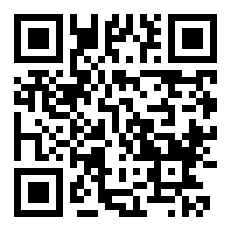Transfusion Transmissible HIV Infection: How Reliable are Rapid Screening as Pre-Donation Tests?
Keywords:
rapid diagnostic tests (RTDs), HIV, pre-donation screening, blood donorsAbstract
Background: Blood transfusion is the most efficient mode of transmission of human immunodeficiency virus (HIV) infection; resulting in up to 96% of seroconversion in recipients following receipt of HIVinfected blood. In developing countries transfusiontransmissible HIV infections (TTHI) are fueled by reliance on replacement blood donation and qualitycompromised pre-donation screening of blood donors with rapid diagnostic tests (RDTs).
Aims and Objectives: The objective of this study was to assess the false negative rates of pre-donation screening of HIV using RDTs in state government-owned hospital blood donation units in Kaduna, North-West Nigeria.
Materials and Methods: Between January and March 2016, blood samples from 264 HIV RDT seronegative blood donors were collected in three government-owned hospitals in Kaduna metropolis and retested at the North-west zonal national blood transfusion service Kaduna using 4th generation sandwich ELISA. The ELISA positive samples were subjected to confirmatory tests using nucleic acid testing (NAT).
Results: The false negative rates of pre-donation RDT for HIV against ELISA was 10(3.8%). However, 7 out of 10 ELISA reactive samples were positive for HIV with NAT. Thus RDT that was used for donor screening had missed 7(2.7%) of HIV positive blood donors' samples.
Conclusion: Pre-donation screening of blood donors for HIV using RDT can lead to false negative results which could lead to TTHIs. We therefore recommend ELISA test as the minimum standard in Kaduna, Nigeria.
Downloads
Downloads
Published
Issue
Section
License
Copyright (c) 2023 Nigerian Journal of Haematology

This work is licensed under a Creative Commons Attribution-NonCommercial-NoDerivatives 4.0 International License.








